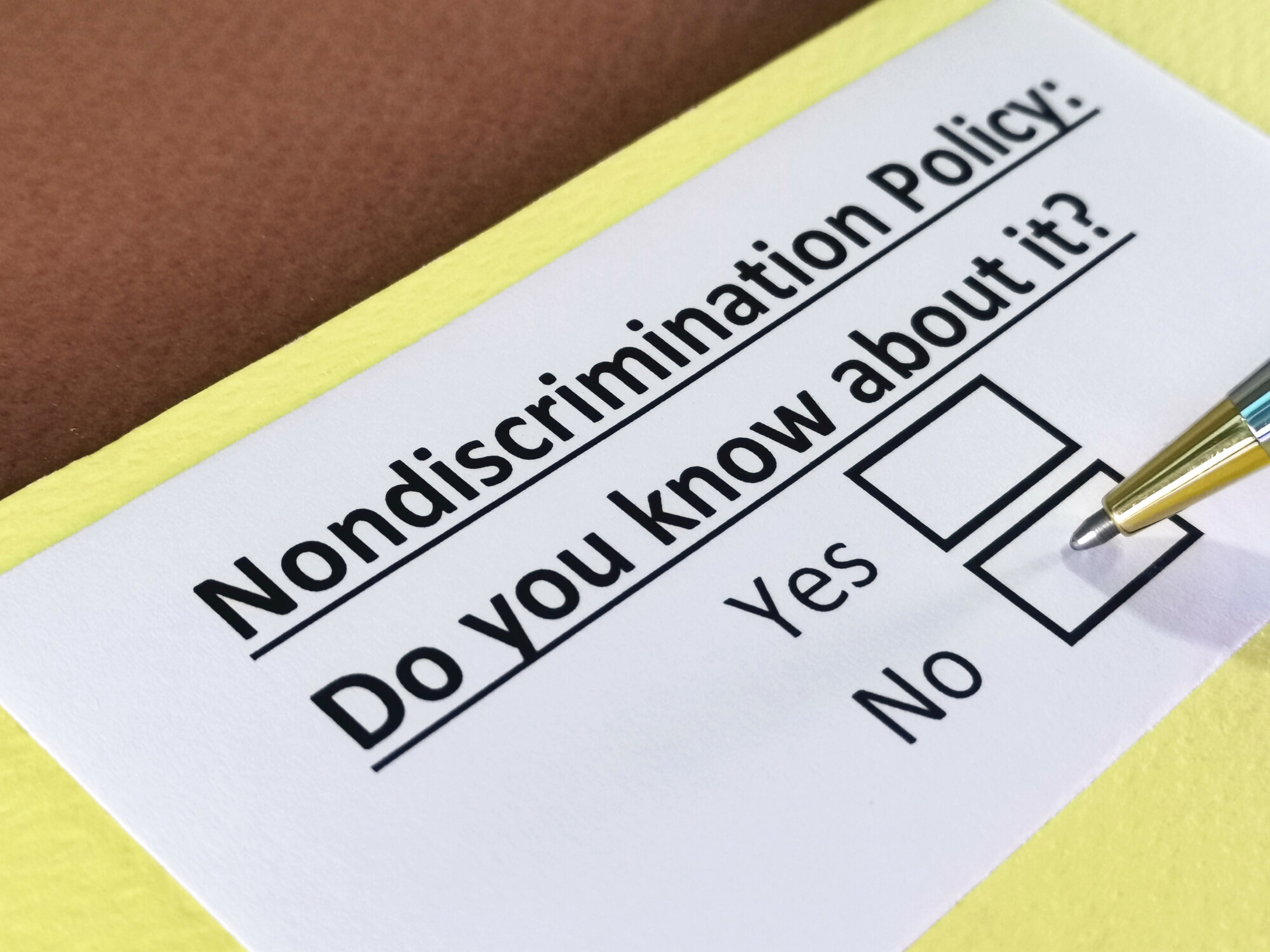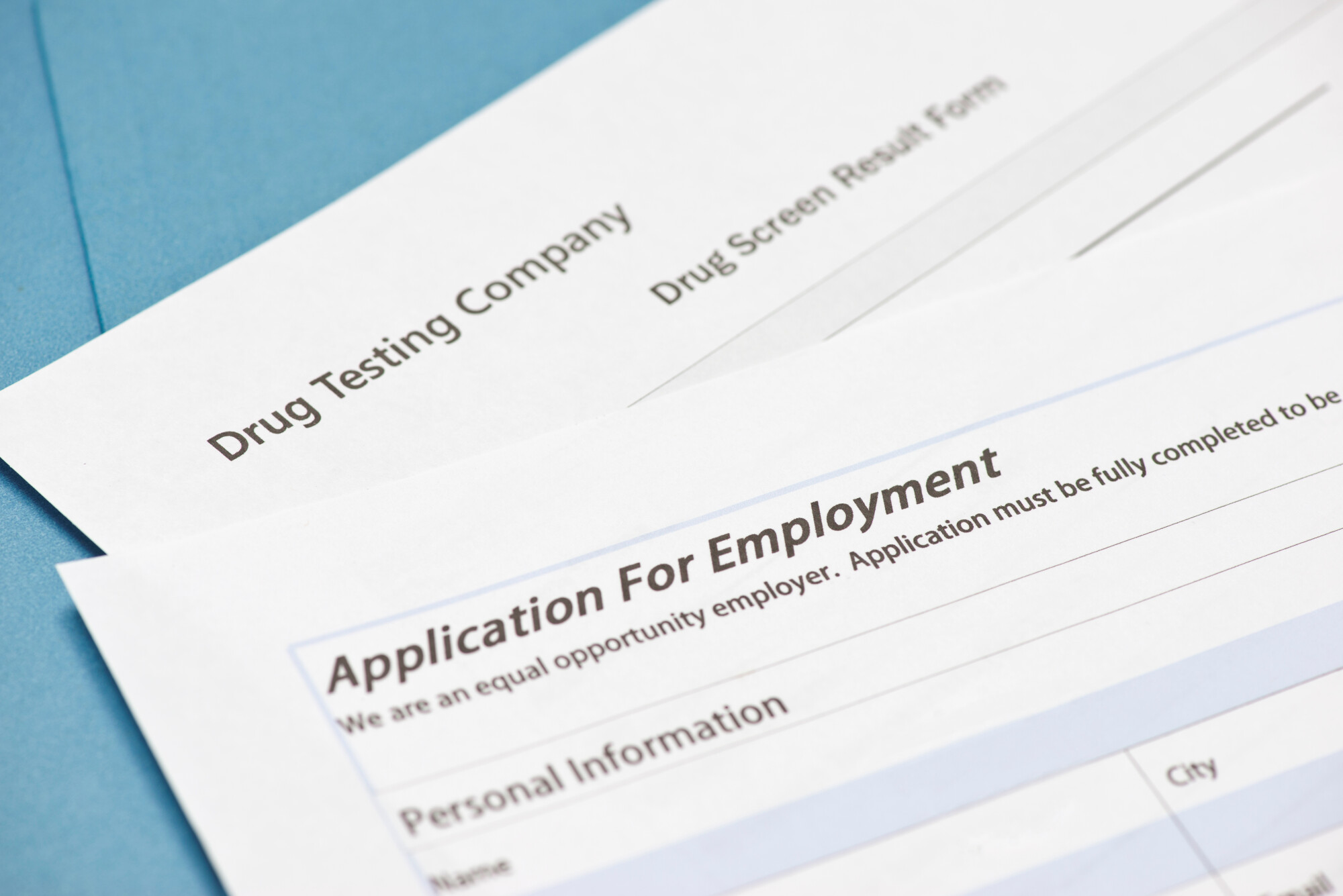
Michigan Labor & Employment Law Blog
Employers are facing one of the most consequential shifts on workplace drug policy in recent memory. On December 18, 2025, President Trump signed an Executive Order that reclassifies marijuana from a Schedule I to a Schedule III drug.
While this does not legalize marijuana federally, this change could significantly alter how courts and agencies evaluate ADA accommodation requests. To discuss how marijuana rescheduling could impact drug testing, HR policy, and employer risk in 2026, Foster Swift labor & employment law attorney Cliff Hammond recently appeared on the Michigan ...
Misclassifying employees as independent contractors can lead to costly legal and financial consequences. With changing laws in 2025, it is essential to understand classification rules and regulations going into 2026.
In the following video, labor & employment attorneys Courtney Agrusa, Cliff Hammond and McKenna Rivers break down key differences and best practices to help employers, HR personnel and business owners stay compliant including:
- As of today, what are the rules for whether a person is an employee or an independent contractor?
- Using the ABC Test vs. the Economic ...
For employers and HR professionals, understanding what factors make non-compete and non-solicitation agreements enforceable—and where they may fall short—is critical.
Whether you're revisiting your current contracts or drafting new ones, the following video features attorneys Tony Dalimonte, Cliff Hammond and Rob Hamor providing guidance to navigate compliance and mitigate risk including:
- Current trends we are seeing and legal roadblocks in enforcing noncompetes.
- Key differences between agreements and best practices for drafting contracts.
- Practical insight ...
As the February 21, 2025 deadline looms for changes to Michigan’s minimum wage and earned sick time laws, Michigan Governor, Gretchen Whitmer has suggested an extension as Senate Democrats and House Republicans have been unable to reach a deal on possible revisions.
Employers required to conduct mandatory drug and alcohol testing need to be aware of any new requirements and their implications.
On July 31, 2024, the Michigan Supreme Court issued the highly anticipated ruling concerning Michigan’s minimum wage and mandatory sick leave. Currently, Michigan’s minimum wage is set forth in the Improved Workforce Opportunity Wage Act (IWOWA) and minimum required sick leave is set forth in the Paid Medical Leave Act (PMLA) (the amended version of initial Earned Sick Time Act (ESTA).
 In 1965, President Lyndon Johnson issued Executive Order 11246 requiring all contractors and sub-contractors working on a project financed by more than $10,000 of federal funding (including Small Business Administration (SBA) loans) to practice affirmative action in hiring and not discriminate based on race, color, religion, sex, gender identity, sexual orientation or national origin. Prior to the issuance of EO 11246, white males held most of the jobs in the construction industry. In the 60 years since it became effective, the number of racial and ethnic minorities employed on construction projects has increased significantly.
In 1965, President Lyndon Johnson issued Executive Order 11246 requiring all contractors and sub-contractors working on a project financed by more than $10,000 of federal funding (including Small Business Administration (SBA) loans) to practice affirmative action in hiring and not discriminate based on race, color, religion, sex, gender identity, sexual orientation or national origin. Prior to the issuance of EO 11246, white males held most of the jobs in the construction industry. In the 60 years since it became effective, the number of racial and ethnic minorities employed on construction projects has increased significantly.
 On June 3rd, 2024, the 11th Circuit Court of Appeals issued a decision, American Alliance for Equal Rights v. Fearless Fund Management Fund, LLC, et al, that impacts considerations for how diversity, equity and inclusion (“DEI”) programs will be analyzed under federal law. In short, the rules are complicated, and that fact should not be ignored if employers want to safely navigate and maintain DEI programs.
On June 3rd, 2024, the 11th Circuit Court of Appeals issued a decision, American Alliance for Equal Rights v. Fearless Fund Management Fund, LLC, et al, that impacts considerations for how diversity, equity and inclusion (“DEI”) programs will be analyzed under federal law. In short, the rules are complicated, and that fact should not be ignored if employers want to safely navigate and maintain DEI programs.
 In June 2024, the U.S. Department of Transportation (DOT) published a final rule with revised procedures for workplace drug and alcohol testing using oral fluid. The revisions detail technical changes in the way oral fluid samples are to be collected and witnessed during mandatory employee drug testing.
In June 2024, the U.S. Department of Transportation (DOT) published a final rule with revised procedures for workplace drug and alcohol testing using oral fluid. The revisions detail technical changes in the way oral fluid samples are to be collected and witnessed during mandatory employee drug testing.
Last week, on June 28, 2024, the Supreme Court issued a landmark decision that severely limits the power of federal agencies to interpret the laws they enforce in Loper Bright Enterprises v. Raimondo. This decision is likely to have a significant impact on many industries, potentially effecting labor and employment laws, environmental regulation, and agency actions that impact the cost of healthcare.
See the full article here: Supreme Court Overturns 40 Year Precedent | Legal Challenges to Agency Regulations: Foster Swift (firmseek.com)

